紅色背簍:清空六十年前的“購(gòu)物車”
|
|
紅色背簍:清空六十年前的“購(gòu)物車”
Home delivery service 60 years ago: How a travelling basket fulfills shopping dreams deep in the mountains
六十多年前,當(dāng)時(shí)的北京市房山縣黃山店公社地處群峰環(huán)抱的山溝里,全公社2800多口人分散居住在山溝山腰的50多個(gè)村中,這些村遠(yuǎn)離分銷店,有的遠(yuǎn)達(dá)十幾公里,交通很不方便。
More than 60 years ago, Huangshandian Commune in suburban Beijing’s Fangshan County was located in a valley surrounded by mountains. More than 2,800 people in the whole commune, a collective production cooperative system in the past, lived scattered in over 50 villages on the hillsides. These villages were far away from distribution shops, some as far as more than 10 kilometers, and the traffic was very inconvenient.
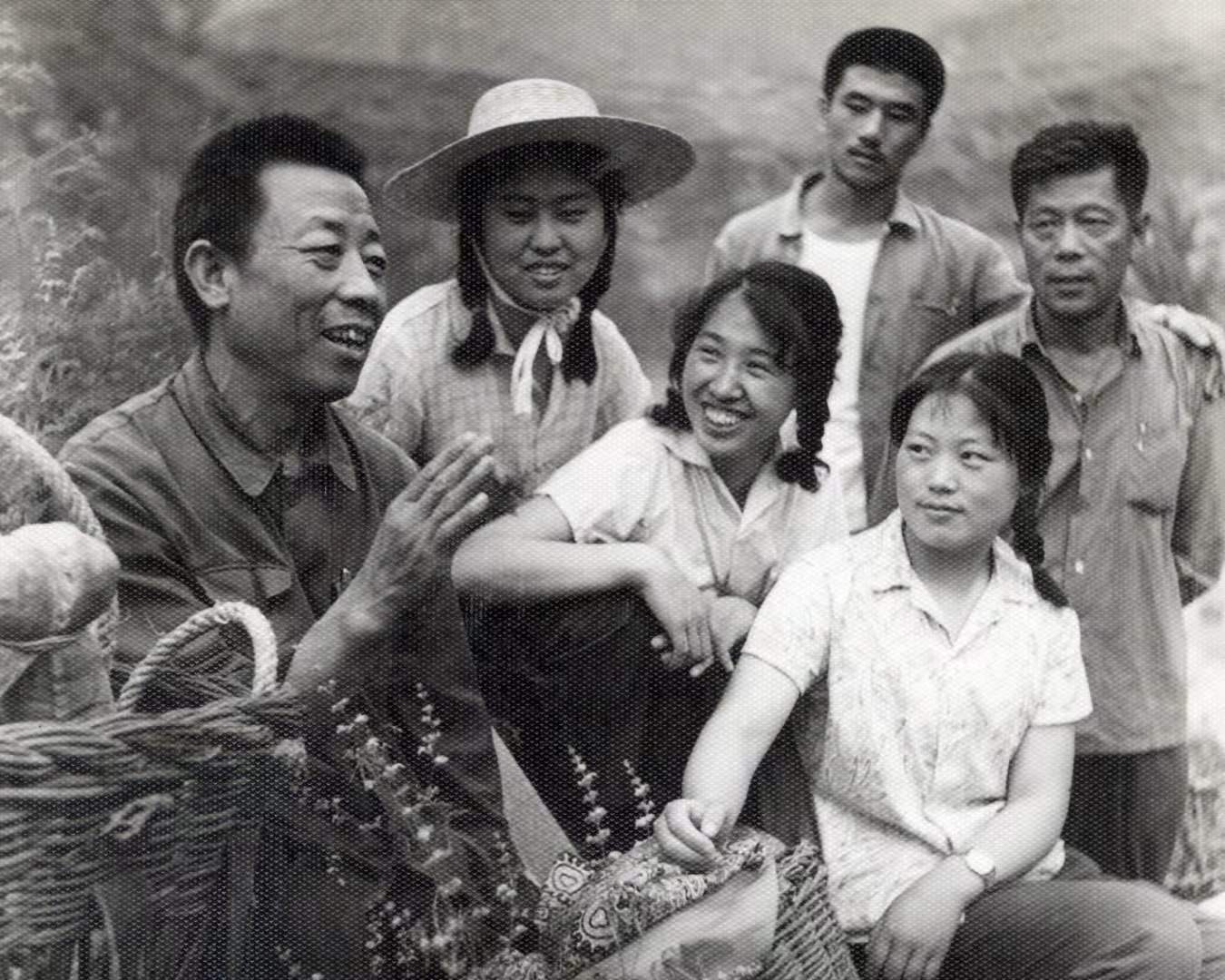
“背簍商店”是黃山店公社范圍唯一的一家分銷店,這個(gè)山鄉(xiāng)小店當(dāng)時(shí)有男女職工6名。1958年后,分銷店職工在負(fù)責(zé)人、共產(chǎn)黨員王硯香的帶動(dòng)下,堅(jiān)持經(jīng)常身背裝滿三四十公斤貨物的簍子攀山越嶺,送貨上山,使許多農(nóng)民能夠在自家門口買到日用品,而且又收購(gòu)又賣貨,群眾親切地叫它“背簍商店”。
“Basket Shop” is the only distribution store in the mountainous commune. At that time, there were 6 male and female employees in this remote small shop. Starting from 1958, the store staff, led by Wang Yanxiang, the person in charge and a member of the Communist Party of China(CPC), oftencarried baskets filled with 30 to 40 kilograms of goods on their back to deliver goods up the mountains, enabling many farmers to buy daily necessities at their doorsteps. Besides, local people can trade staff with the traveling store. Thus the store was called “Basket Shop”.
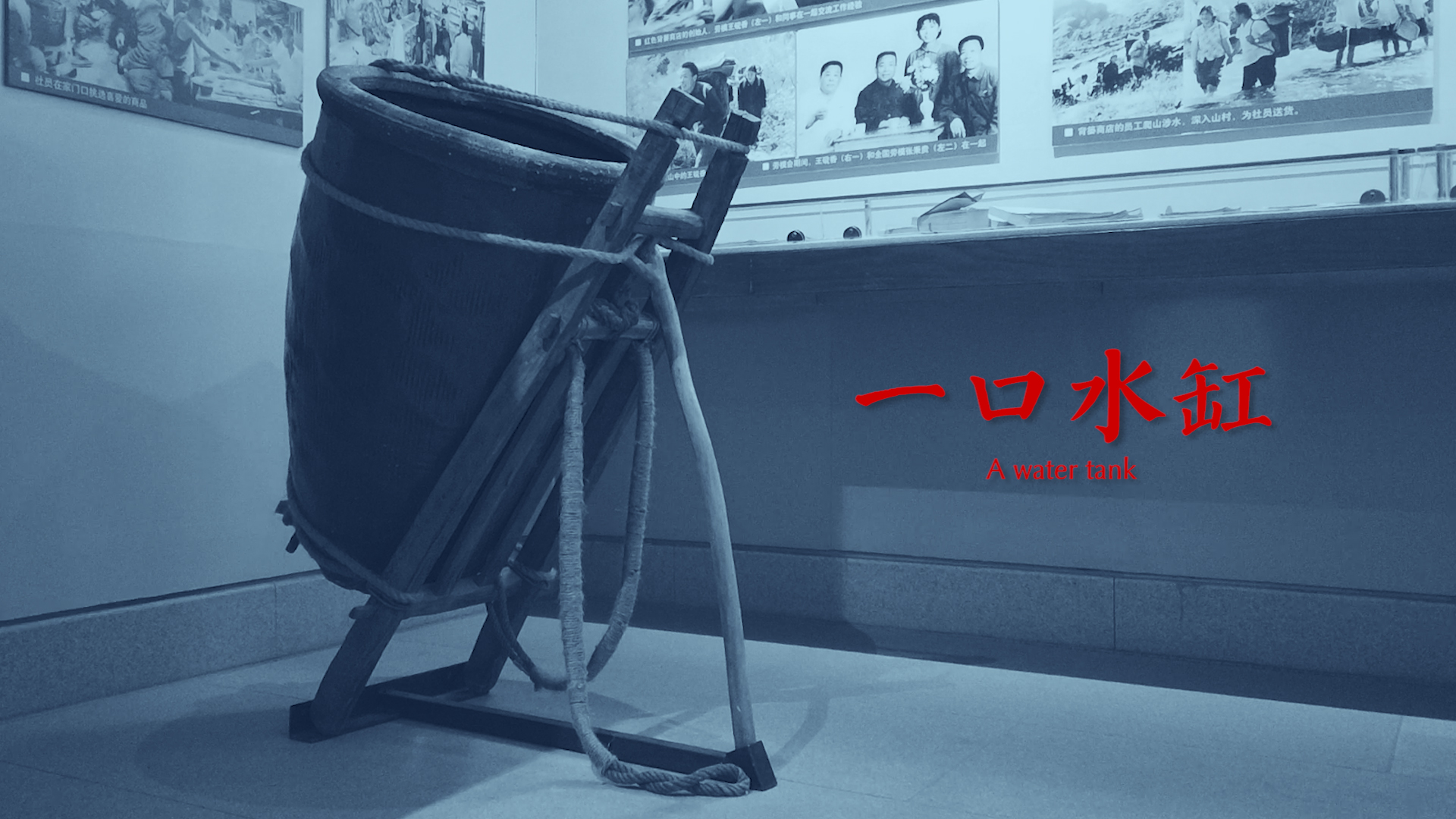
一口水缸
A water tank
1961年春,住在山上的社員許士海給生產(chǎn)隊(duì)看管羊群,想買一口水缸。“背簍商店”知道了,主動(dòng)派兩名職工輪流把一口近50公斤重的水缸背上山去。看到社員要走幾十里地去焊補(bǔ)鐵桶,他們就組織職工學(xué)習(xí)焊桶技術(shù),上門為社員焊補(bǔ)水桶、鐵壺。
Xu Shihai was a commune member living on the mountain and he was responsible for taking care of the sheep of one production team, formerly the basic farming unit in the commune system of China. In the spring of 1961, he wanted to buy a water tank for daily life and work. Knowing this, the “Basket Shop” sent two employees to take turns to carry a water tank weighing nearly 50 kg for delivery up the mountain. Seeing that commune members had to walk dozens of miles to weld and mend iron buckets, they organized employees to learn bucket welding technology and came to weld and mend water buckets and iron pots for local commune members.
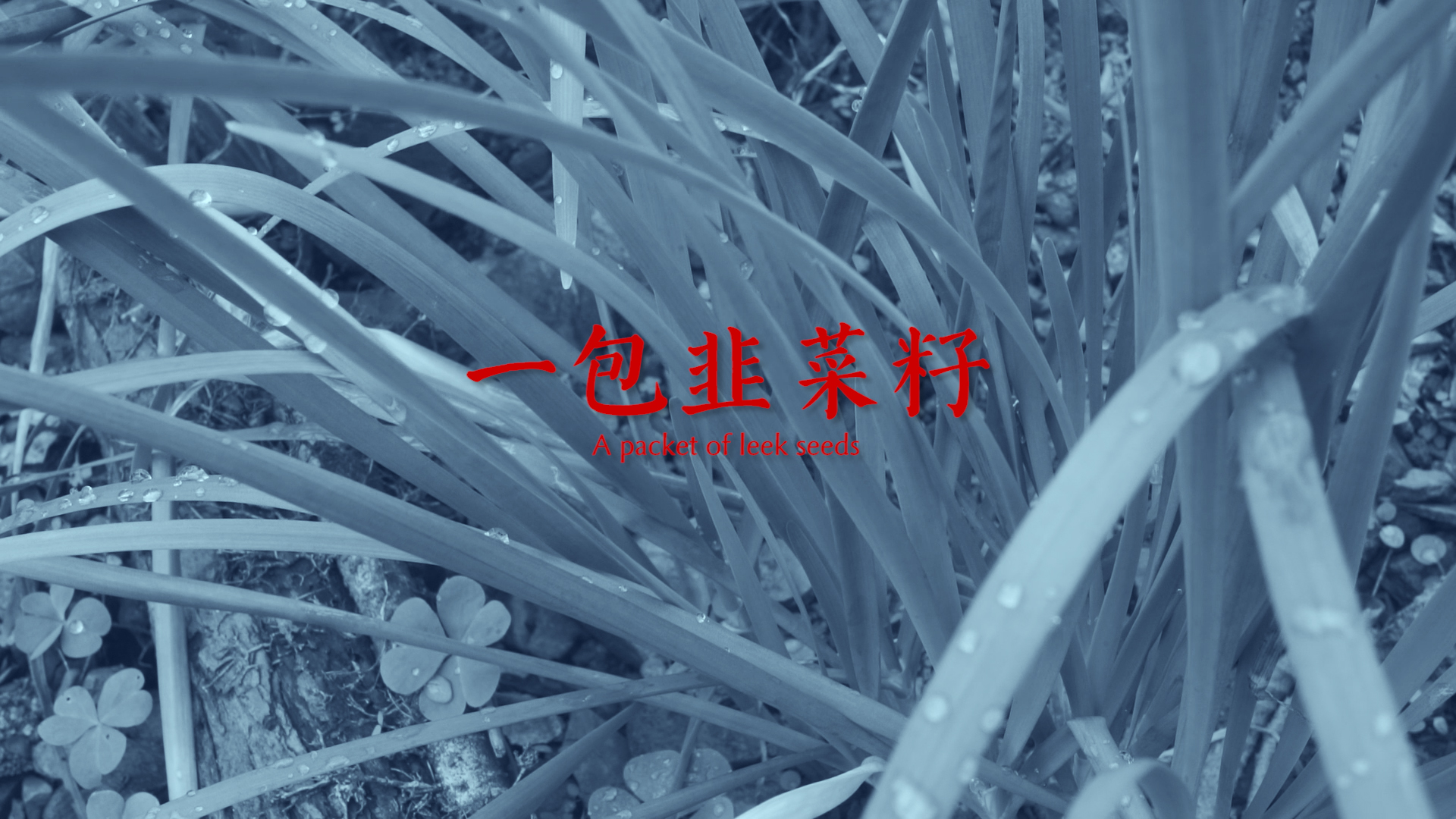
一包韭菜籽
A packet of leek seeds
1963年,淶瀝水村解決了飲水下山問(wèn)題,社員們希望能吃上自己種的韭菜。“背簍商店”的職工聞?dòng)嵓磩?dòng),騎車跑了二十多個(gè)生產(chǎn)隊(duì),終于找來(lái)了一包韭菜籽。他們說(shuō):吃上春韭菜是山區(qū)人民多年的愿望,過(guò)去沒(méi)有條件不能種,現(xiàn)在有條件了,咱不能讓他們失望。
In 1963, people in Lailishui Village no longer had to go down the mountains to find drinking water, and they had another dream: eating leeks grown by themselves. The staff of the “Basket Shop” again served as the Santa Clause by riding around more than 20 production teams to find a pack of leek seeds. “Eating spring leeks has been the wish of mountain people for many years. It was impossible in the past, but now as other conditions are in place, we shall not let them down,” the “Basket Shop” members were quoted as saying.
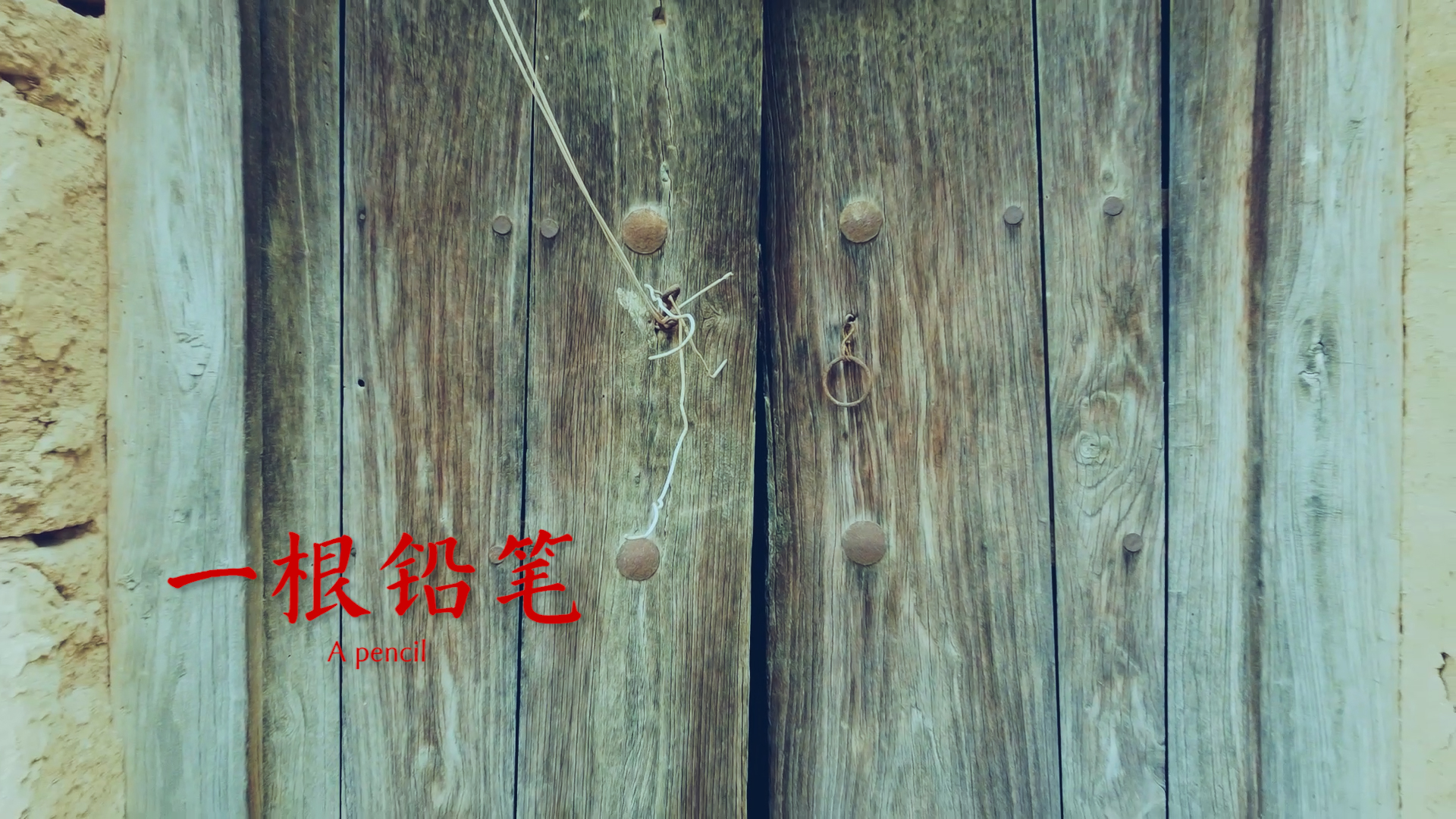
一根鉛筆
A pencil
有一次王硯香在送貨時(shí)聽(tīng)到一個(gè)八九歲的小男孩向奶奶要錢買鉛筆,奶奶沒(méi)有錢,他便問(wèn)家里有什么廢品可以賣,老奶奶在院子里找到幾根羊骨頭賣給了王硯香,換回了一支鉛筆和一塊橡皮,孩子高興得歡蹦亂跳。
Once when Wang Yanxiang was delivering goods, he heard a little boy of eight or nine years old asking his grandmother for money to buy pencils. But his grandmother had no money. Wang proposed to exchange the pencil with anything that the family could sell. The old woman found several sheep bones in the yard. Wang Yanxiang took them and gave the boy a pencil and an eraser in return, which made him jump with joy.
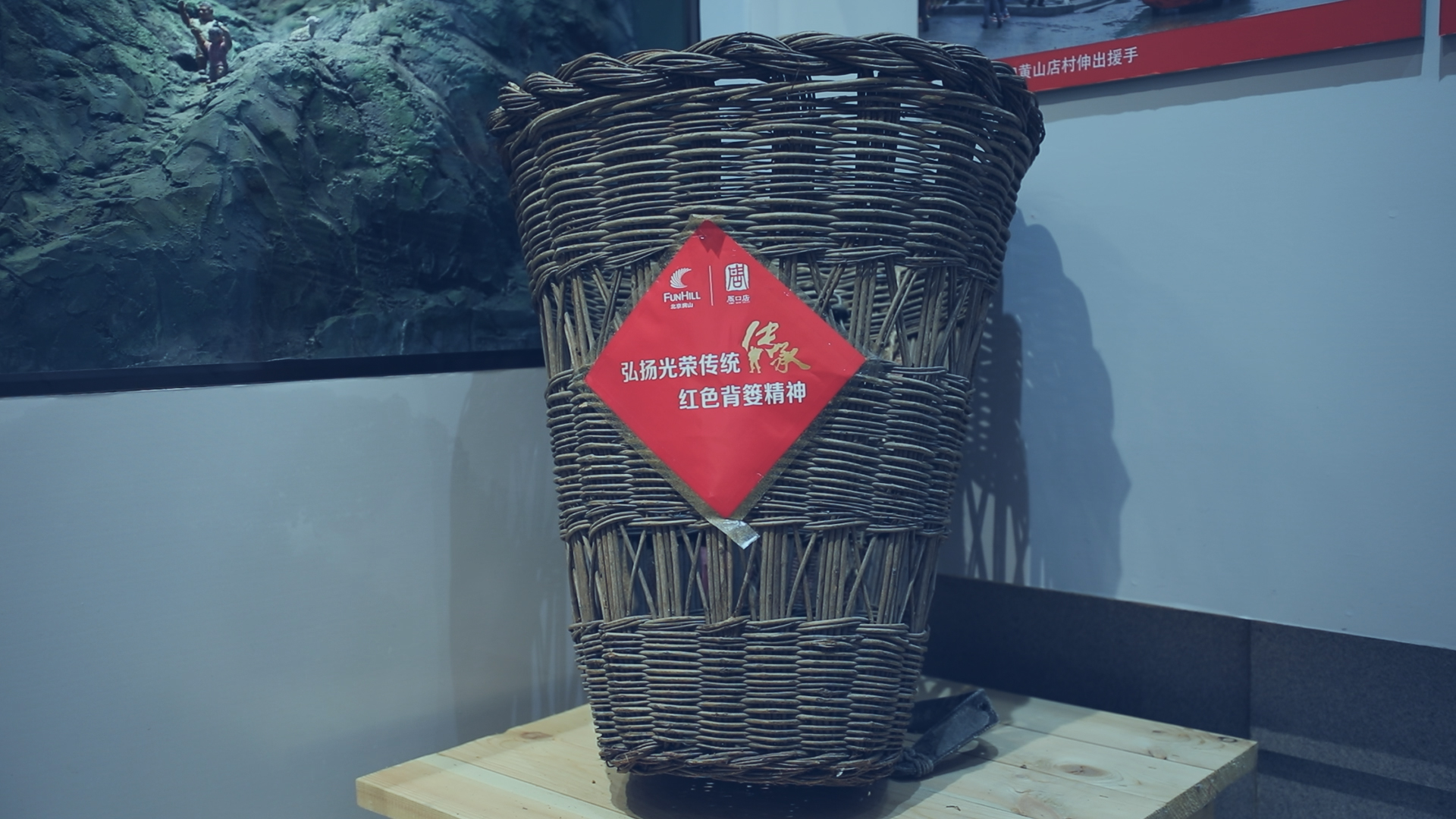
貴在經(jīng)常、貴在堅(jiān)持。職工們說(shuō):“艱苦的路我們不走群眾就得走,我們一個(gè)人走一趟,就省得群眾人人都走一趟。”
There were many similar stories as the “Basket Shop” had kept up the Santa Clause tradition. They believed that their hard work would help save trouble and time for the locals.
“紅色背簍”里裝的貨物有大有小、有輕有重,但每一件都飽含著中國(guó)共產(chǎn)黨全心全意為人民服務(wù)的初心。時(shí)至今日,電商購(gòu)物和快遞物流蓬勃發(fā)展,讓消費(fèi)者足不出戶就能收到商品。但你可又曾想到,六十年前的大山里,有這么一支隊(duì)伍,讓老百姓如愿清空了“購(gòu)物車”,還享受“包郵”服務(wù)呢!這個(gè)五星好評(píng),您點(diǎn)不點(diǎn)?
The goods in the traveling basket were of different sizes and weights, but each one carried the same initial intention of theCPC to serve the people wholeheartedly. Today, e-commerce and delivery services are booming, allowing consumers to receive goods at doorsteps. The “Basket Shop” was a then pioneering counterpart about six decades ago, which fulfilled the shopping dreams of local people with free delivery. What a remarkable service!
